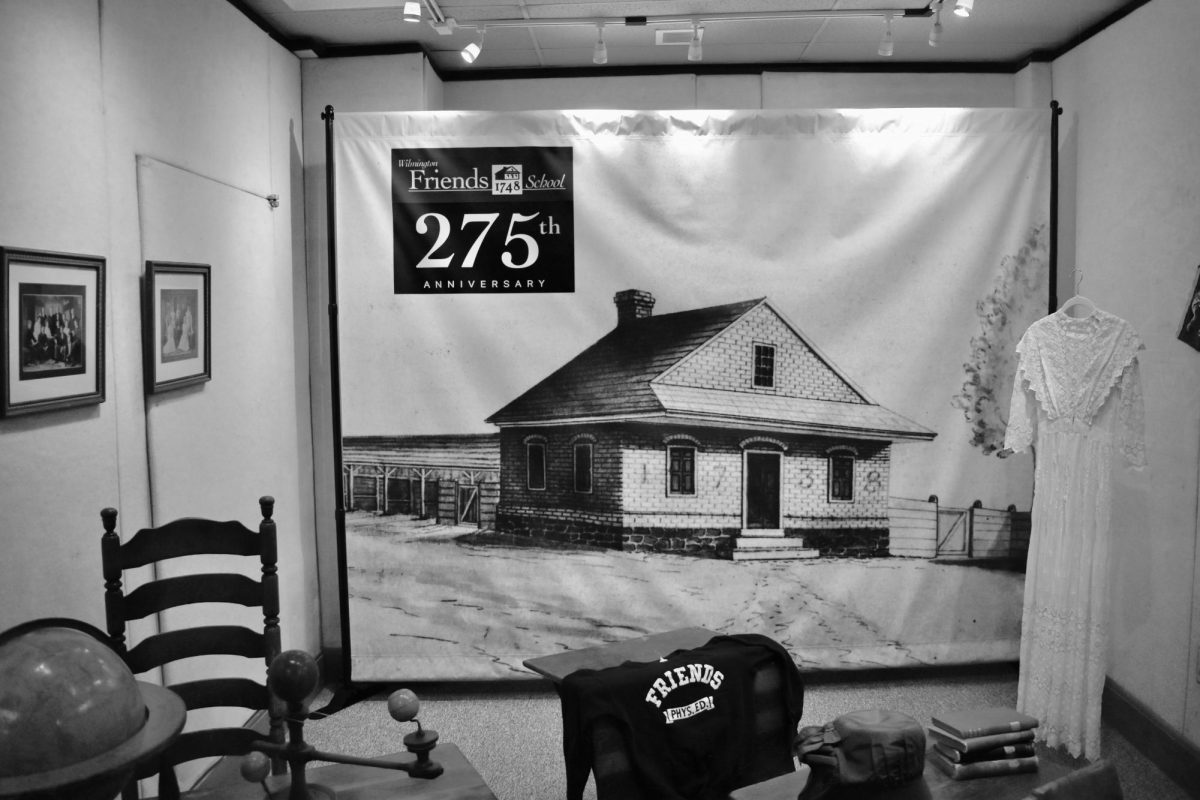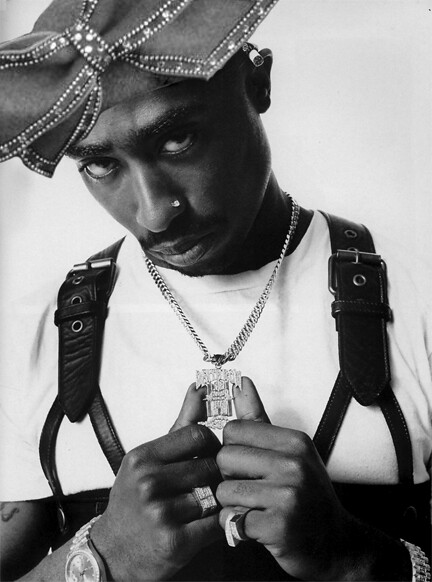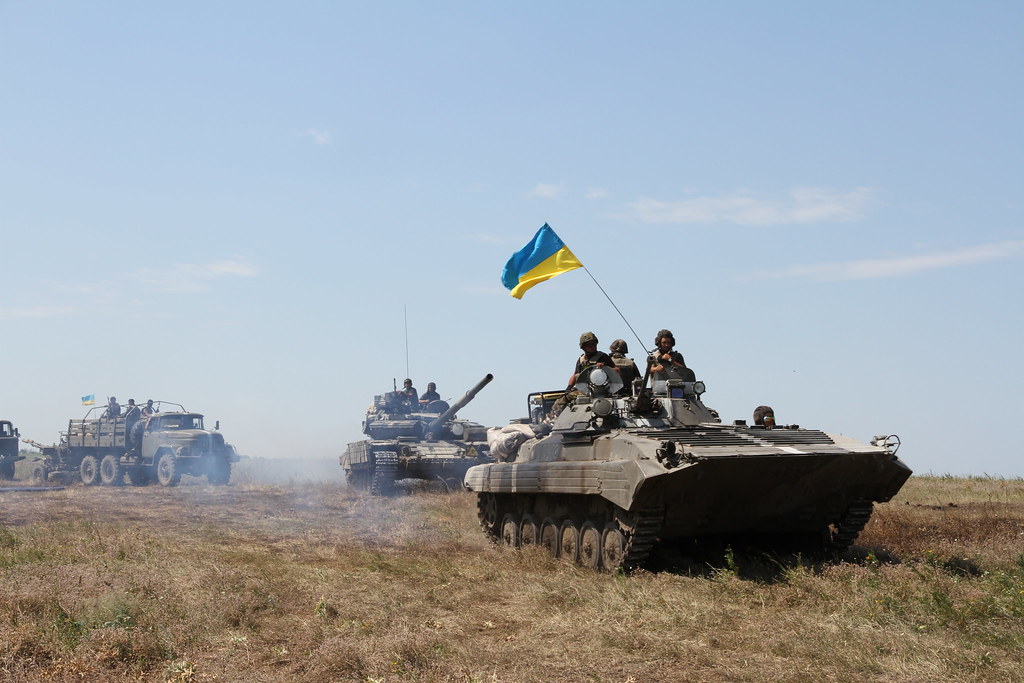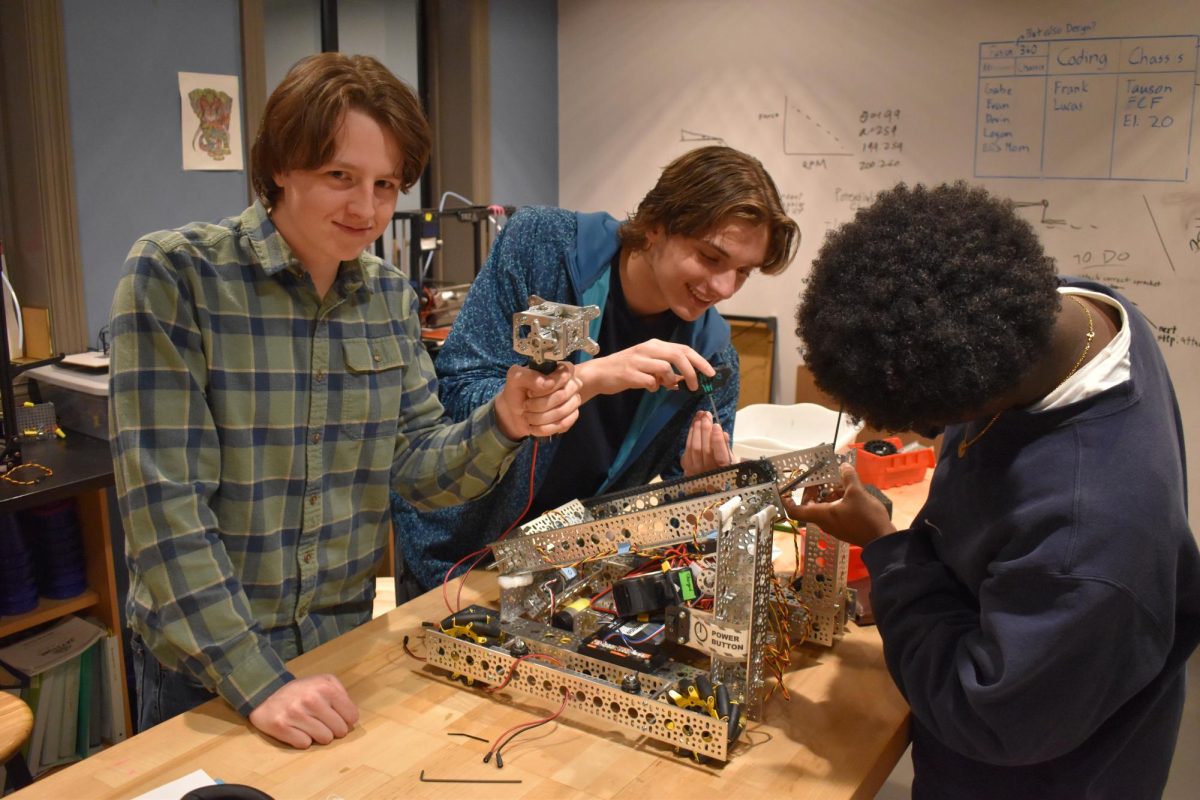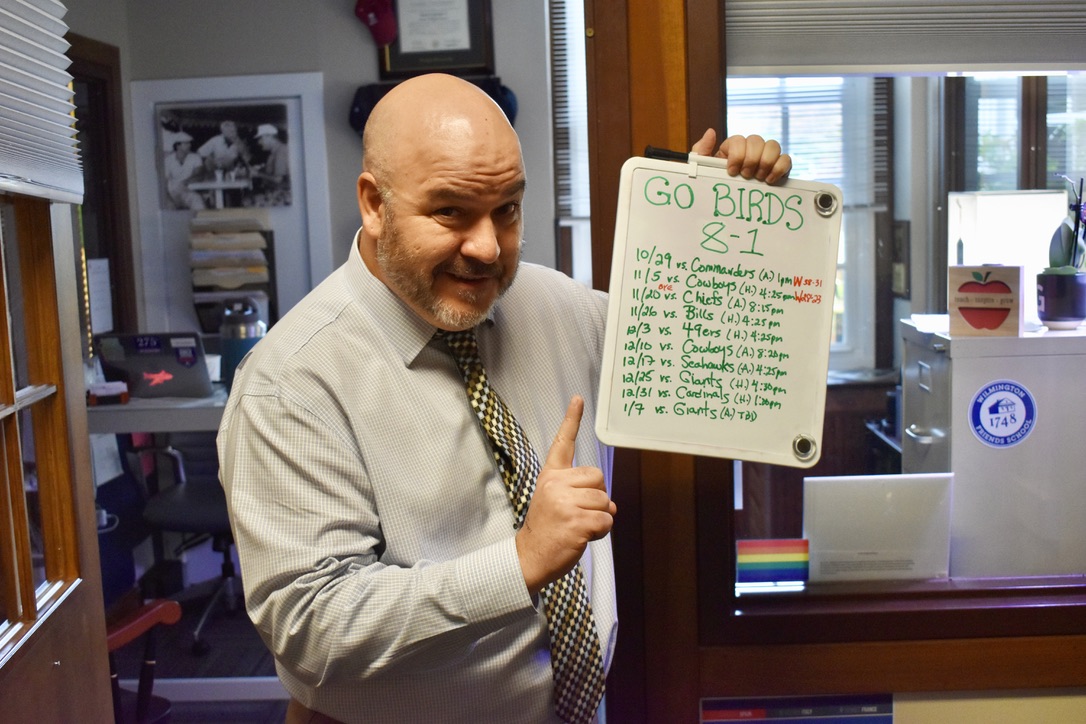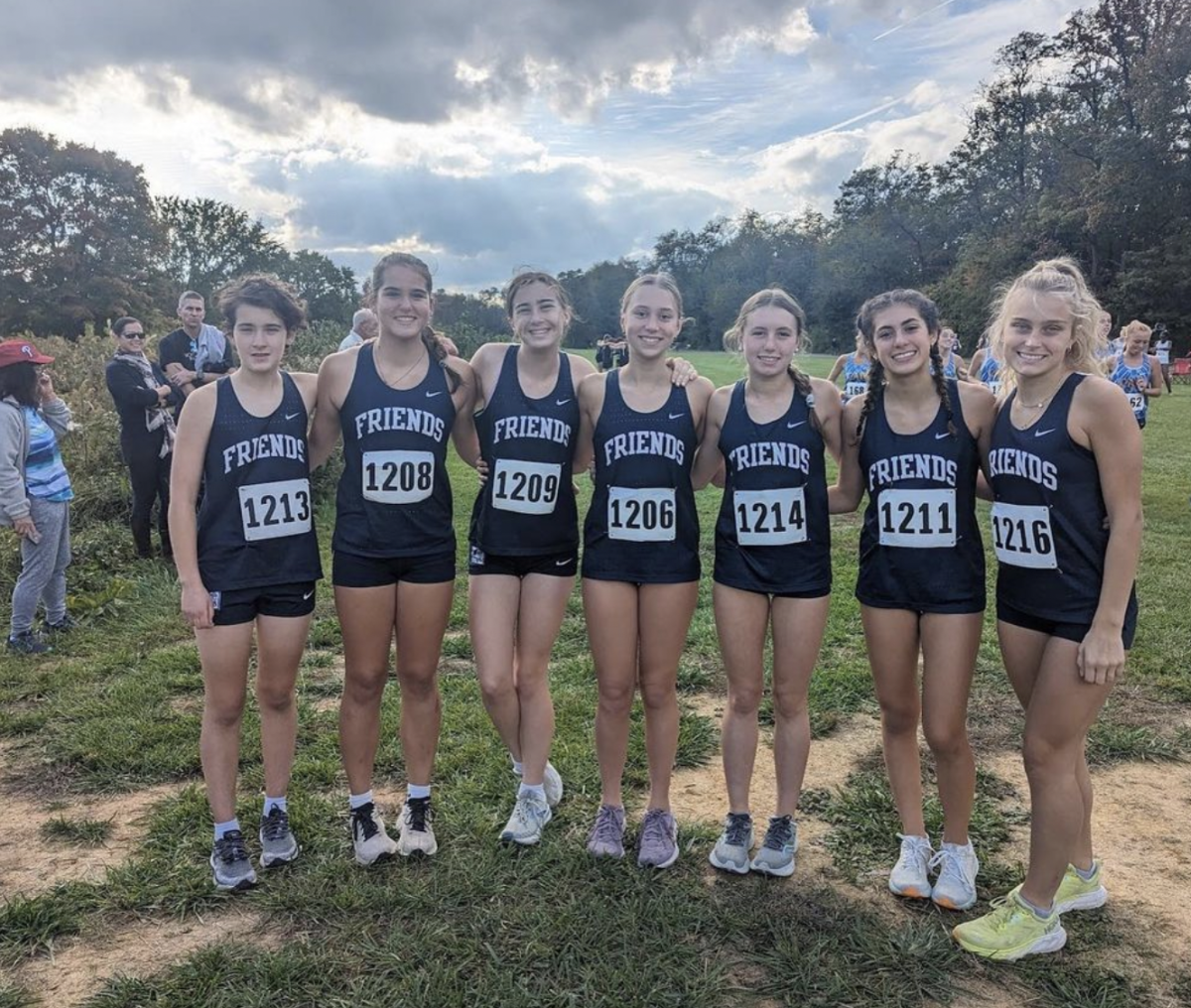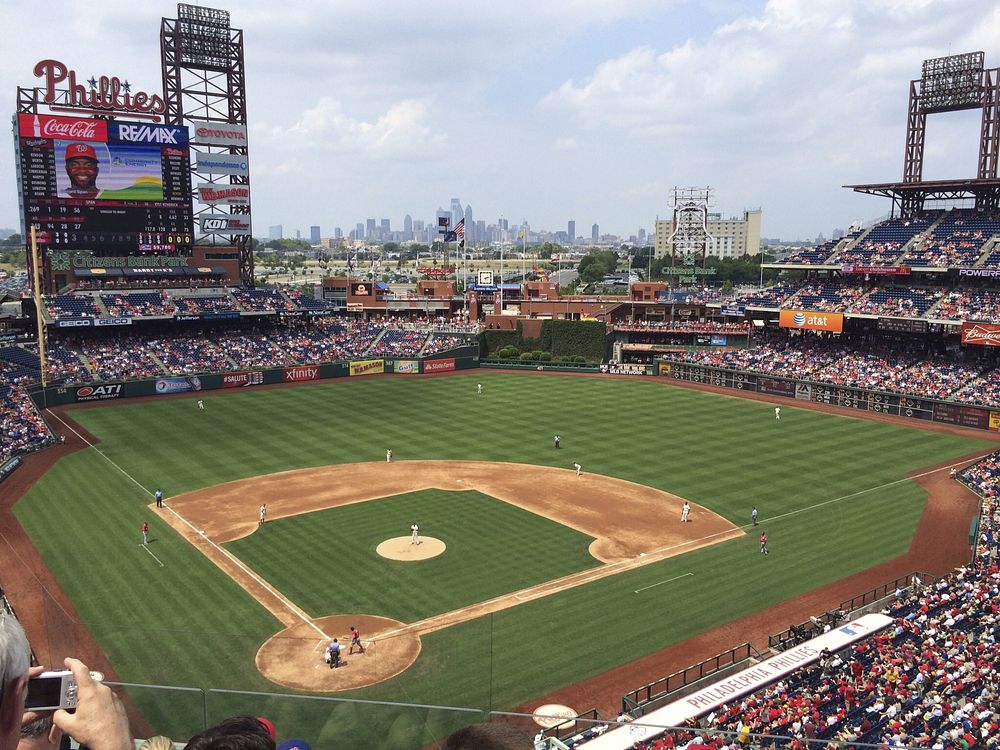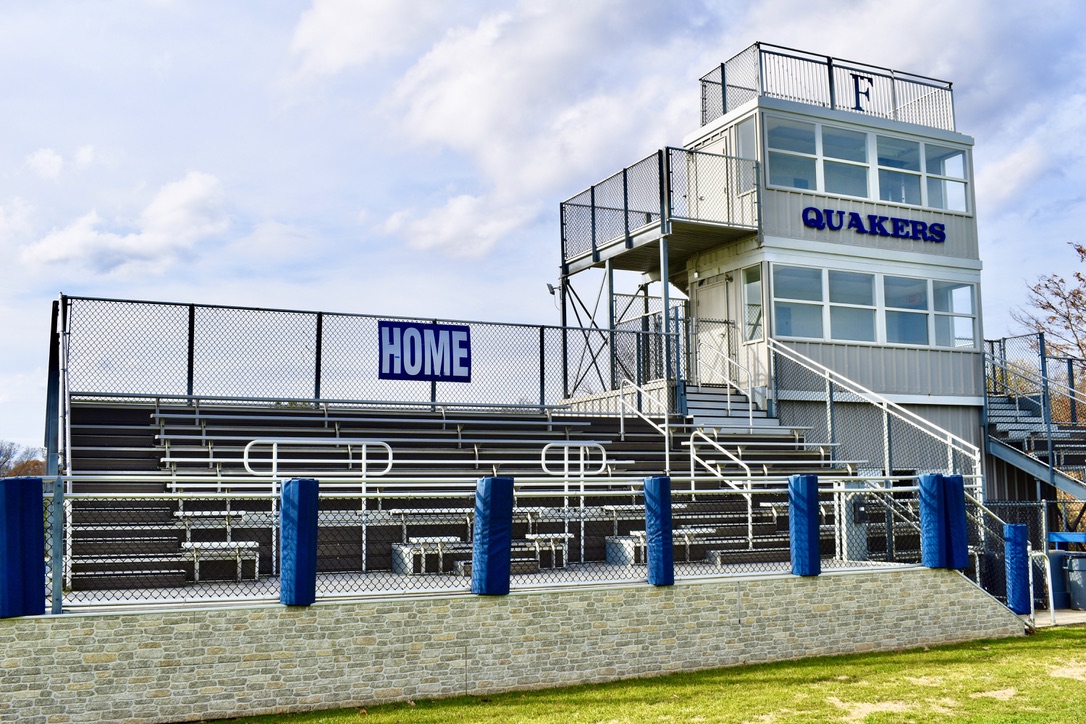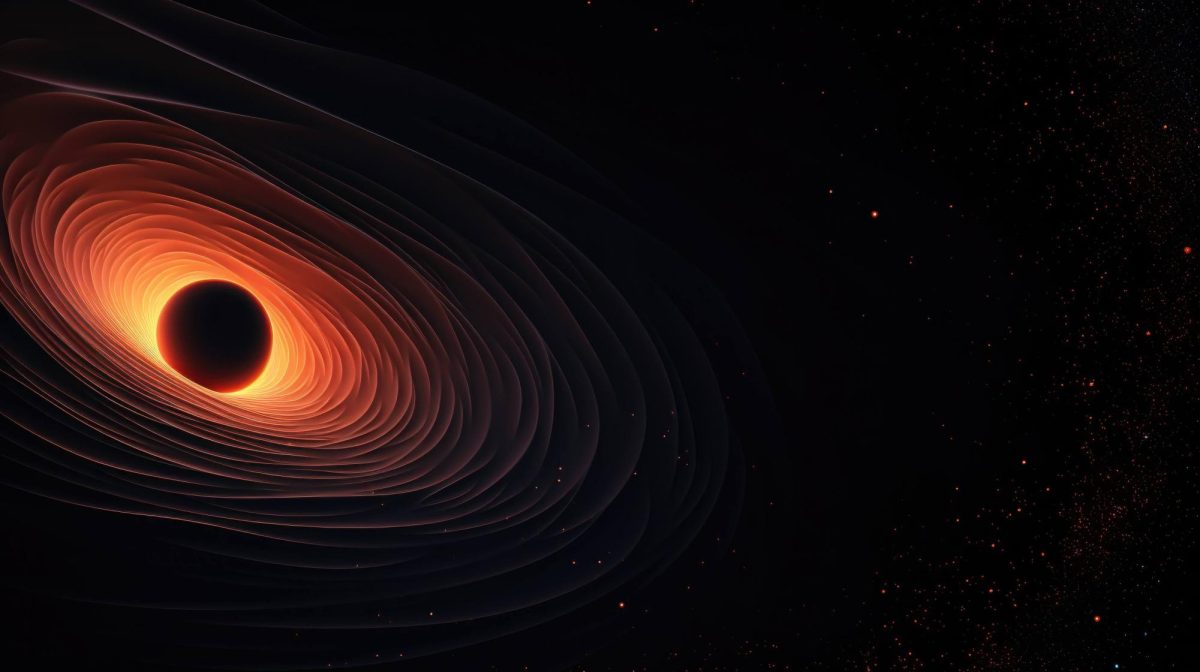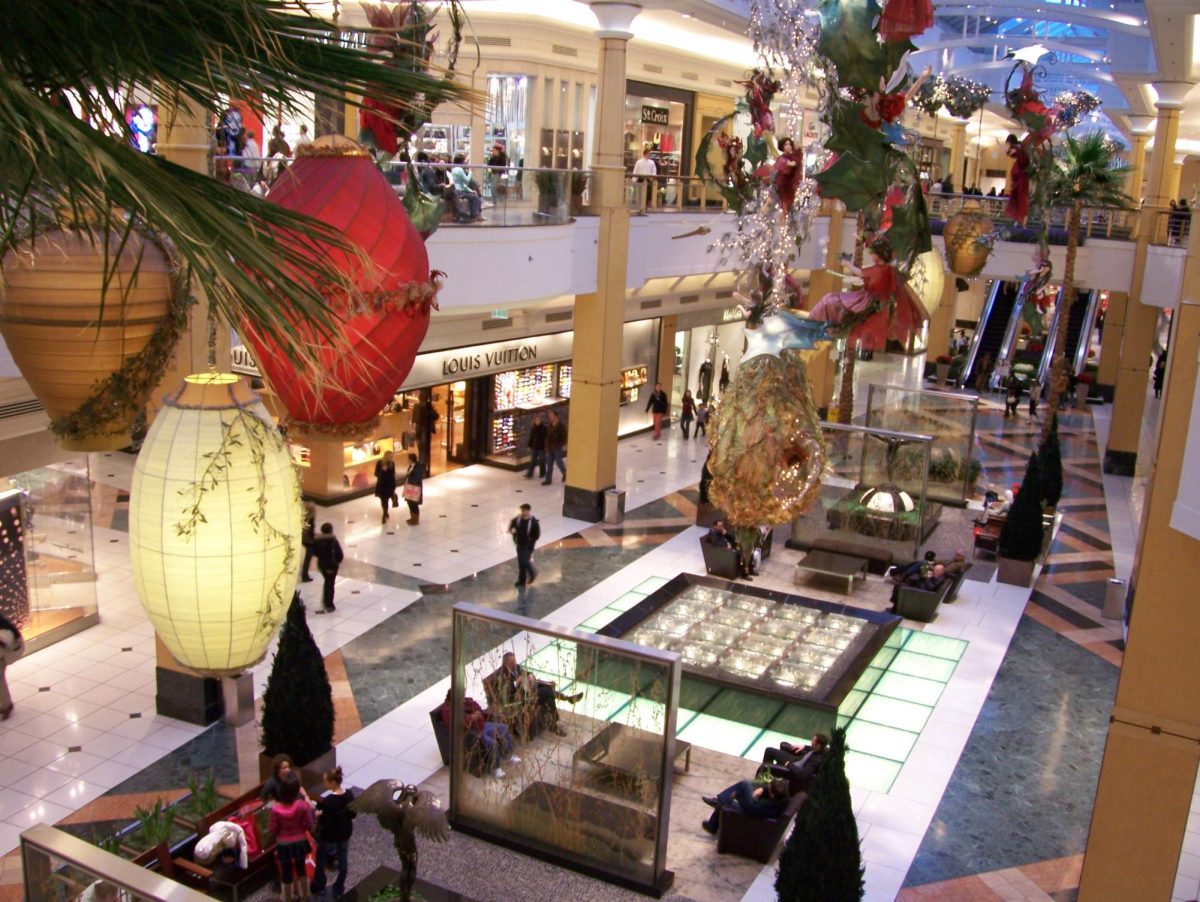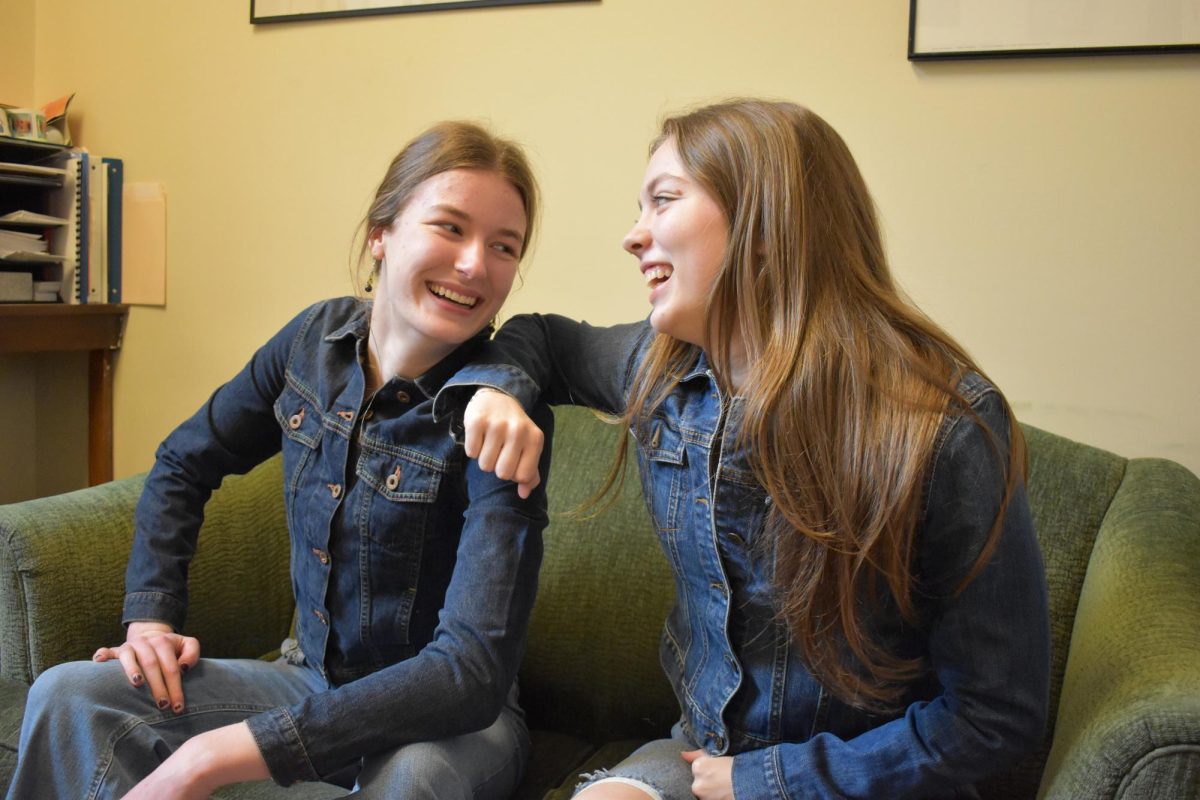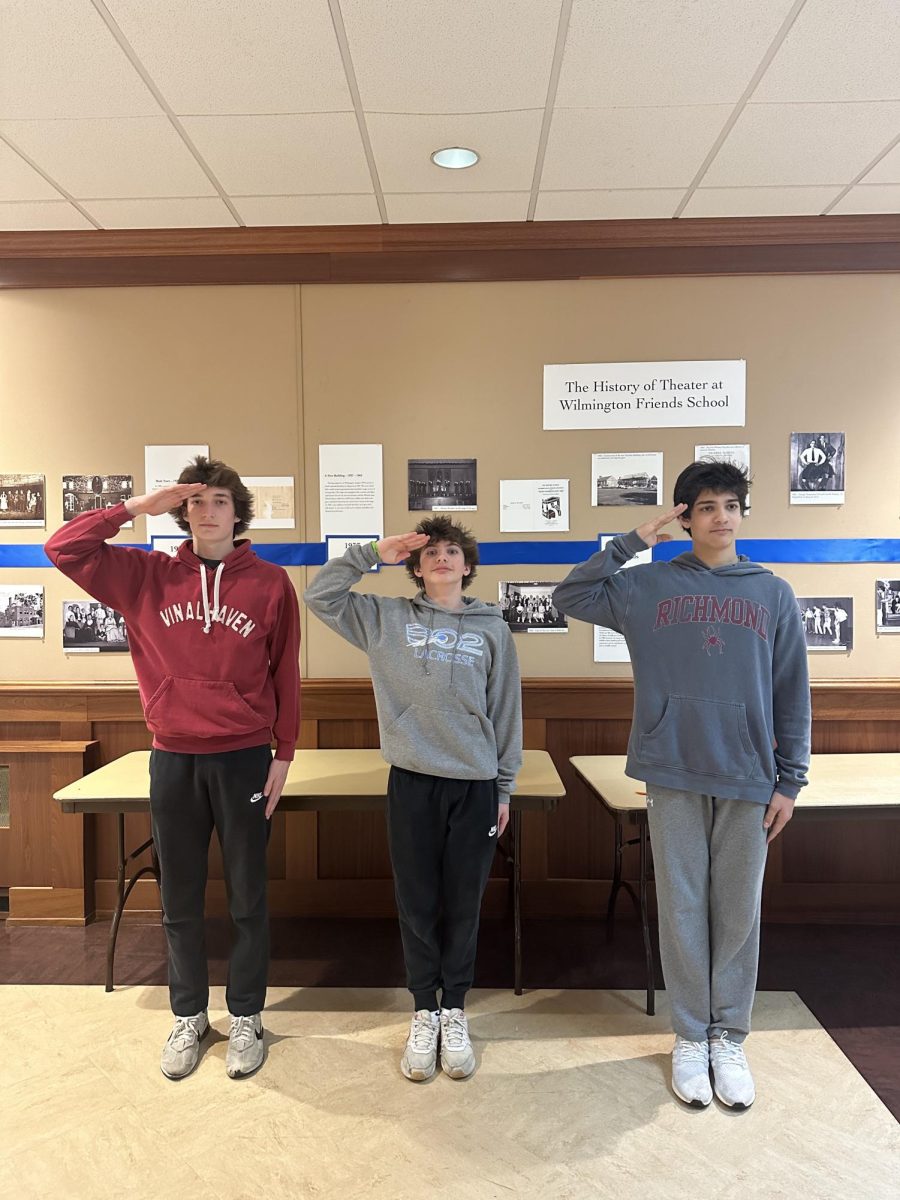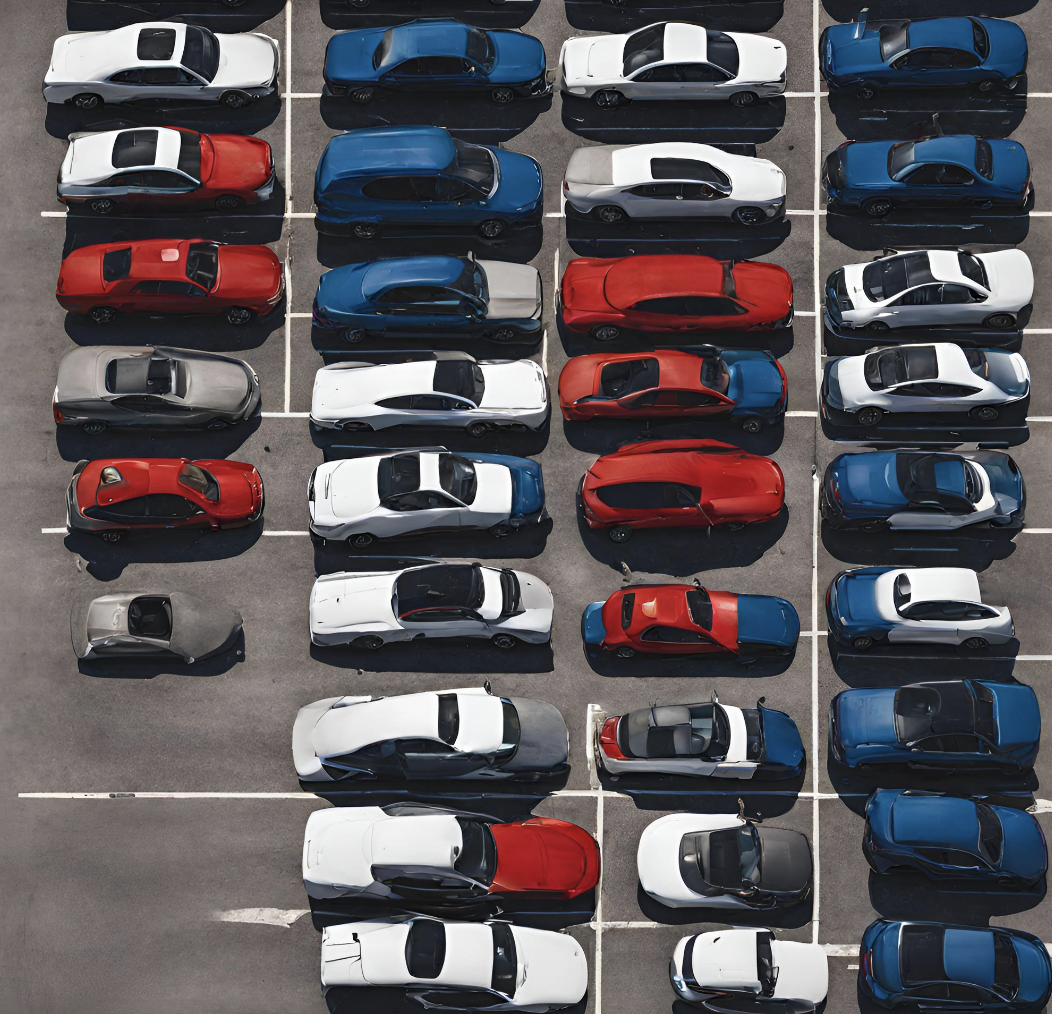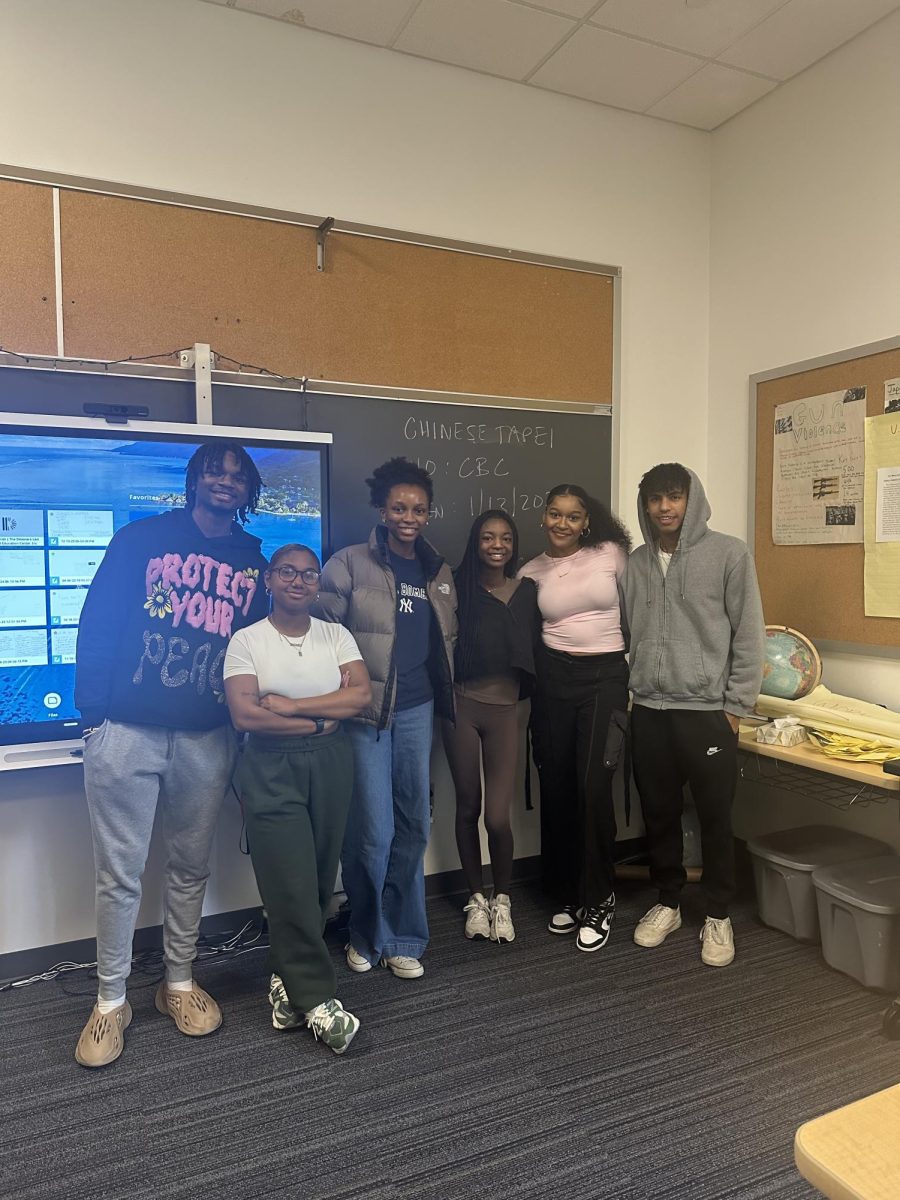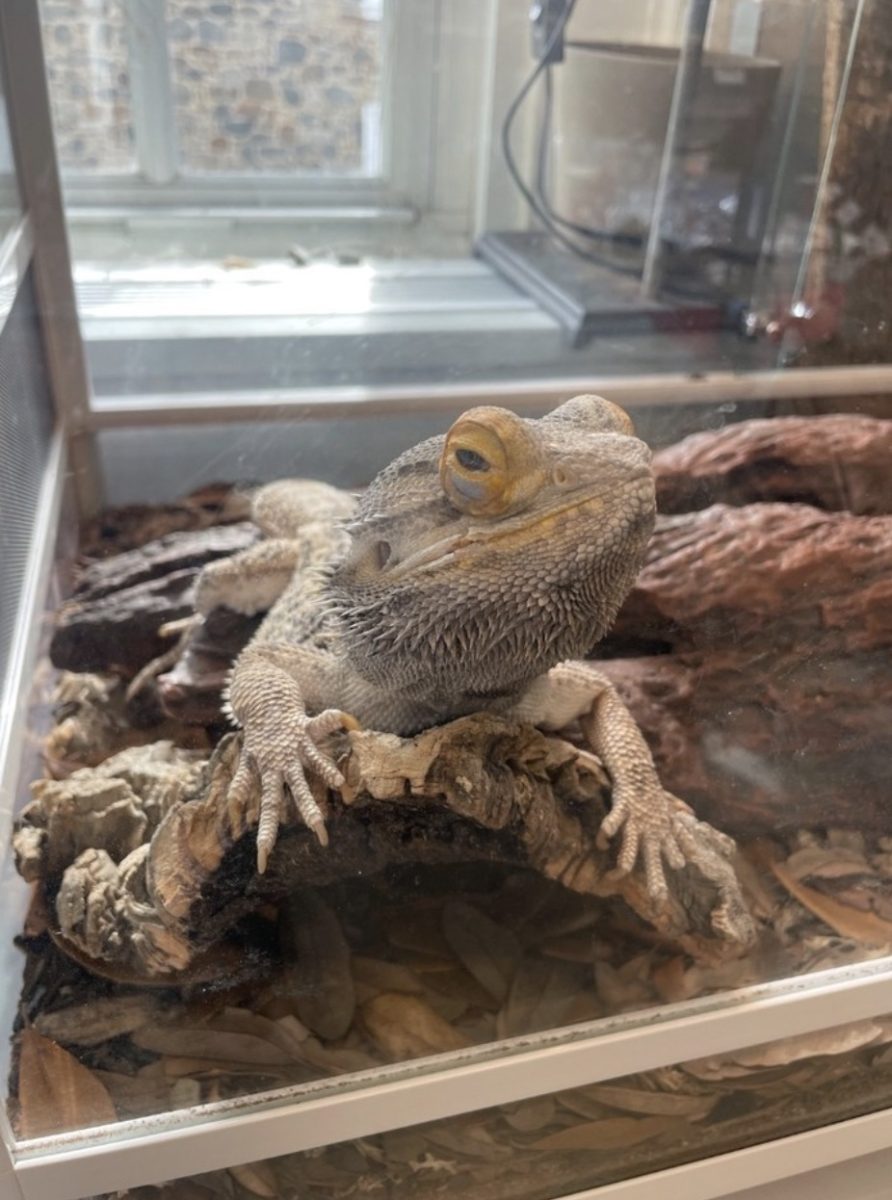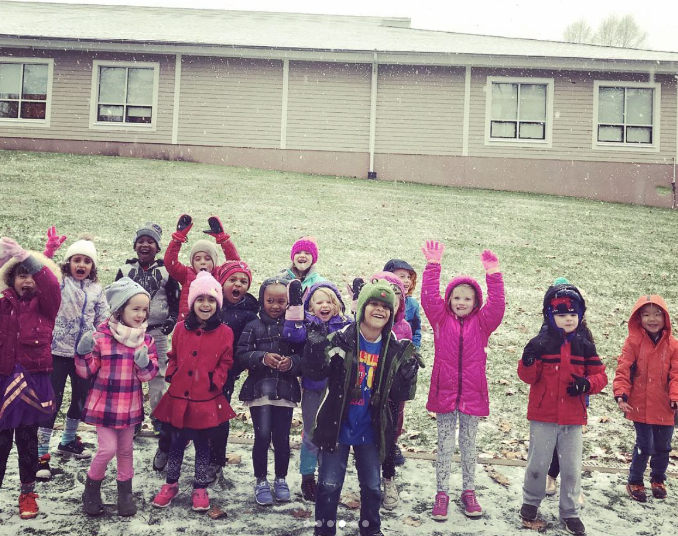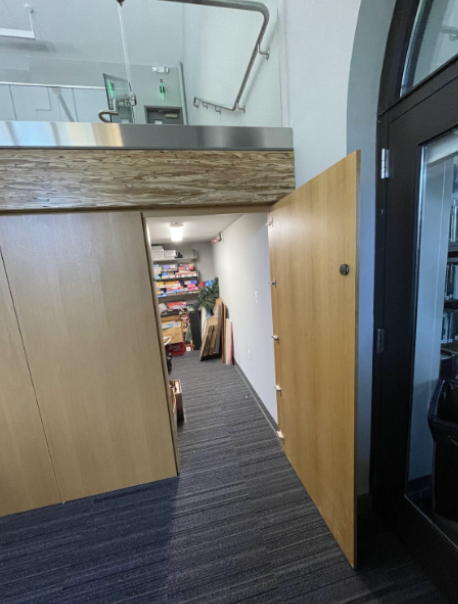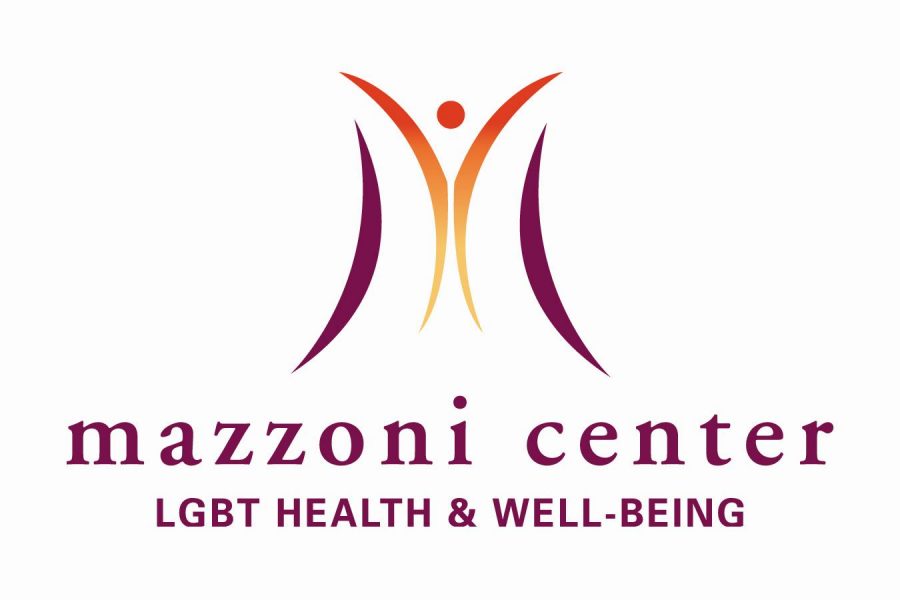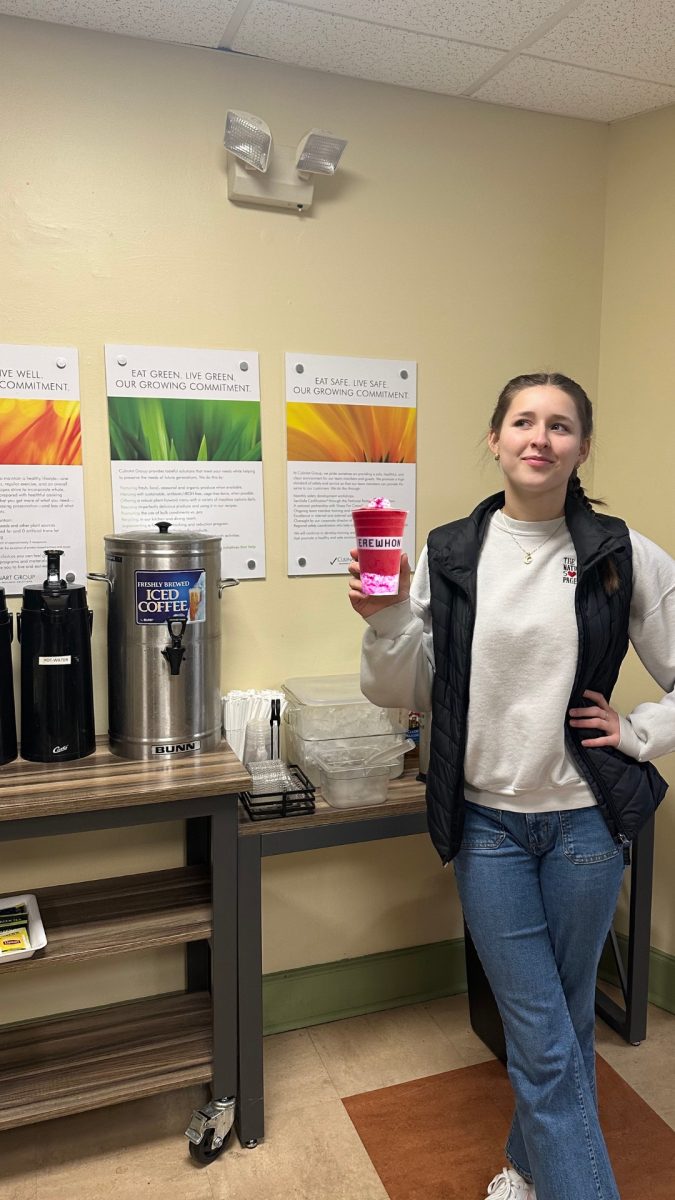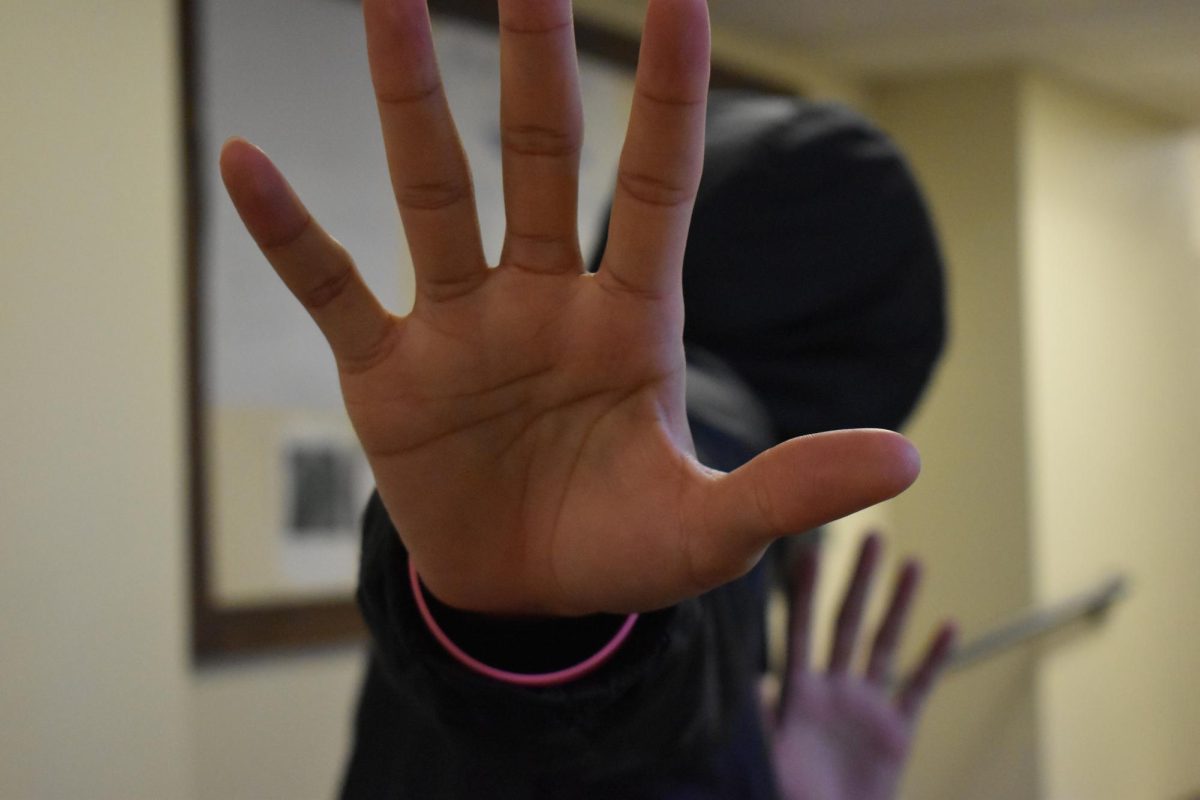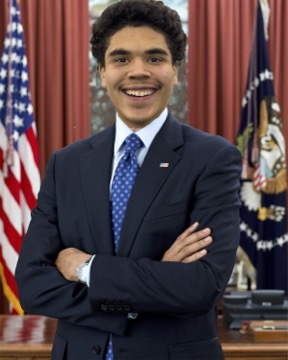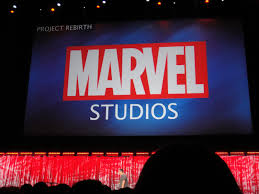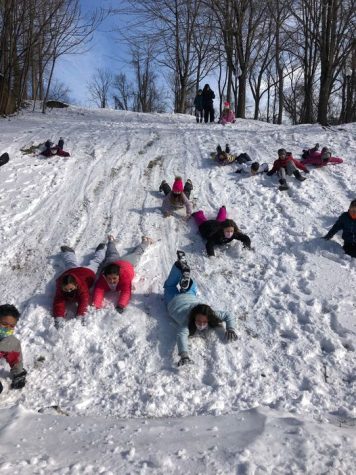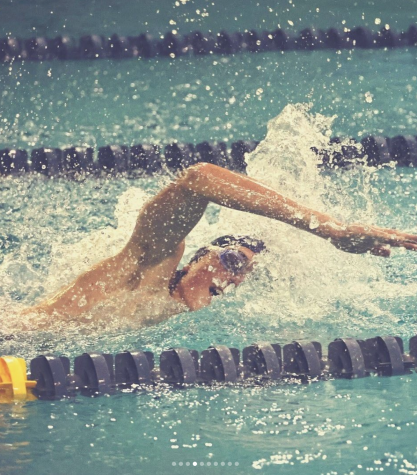Tackling Issues of Gender Identity and Creating Safe Spaces
Weekly Update
December 18, 2016
On Tuesday, the 29th of November, WFS students and faculty gathered in the theater for one of the first collections of many that are proposed to happen regularly throughout the year. The collection consisted of a presentation on “Creating Safe Spaces”, run by the Mazzoni Center, an organization focused on providing health and wellness services to predominantly LGBTQ people, based in Philadelphia. The presentation focused on the gender identity, sexuality spectrum, and how to create safe spaces for people of all identities. Many varying gender identities were explained, as well as the differences between gender, sex, gender expression, and sexuality. The idea of using a person’s desired pronouns and other ways to respect their identity were additionally explored. Students had mixed feelings about the content of the presentation and its message; some felt that they were left confused and not sure how to create safe spaces, others wished that the presentation went into greater detail in certain areas, and many learned a lot of new terms and ideas. But one thing is certain; the collection sparked a conversation that needs to happen in order to create a safer and more inclusive community, which WFS prides itself on.
The first problem students seemed to have with the presentation was that it went over a wide variety of terms and topics, without taking the time to explain them as in depth as students would have liked. “There was a lot of confusion. I don’t think people were trying to be outright rude or mean, there was just genuine confusion.” explained Maggie Coons ‘19. This experience was many students’ first encounter with some of the ideas, like varying ways of expressing gender identity through appearance and alternative pronouns like “xe” and “xir”. The presentation could have taken things more slowly and given more in-depth explanations. The presentation, which was titles “Creating Safe Spaces”, also seemed to be lacking in information on how to do exactly that, or why safe spaces are needed. “If they went more in depth into things that you actually see, or that you actually hear about, it would have been a better presentation.” said Jesse Parker ‘19.
Overall it is evident that students want to foster safe spaces, and they feel that the presentation could have gone more into how to do that and why it is needed. “I wish they talked more about what it’s like to be trans and how to make safe spaces,” said Lucy Knudsen ‘19, in a discussion held by the Gender Sexuality Alliance during one of their meetings about the collection. GSA is a student club that focuses on discussing and raising awareness on issues of gender and sexuality, both within and beyond the school community. Most of the students within this club were already familiar with other gender identities beyond the binary male and female, and issues of transgender rights and treatment prior to the presentation from the Mazzoni Center. They were less confused about the content, and rather just wished that the presentation stuck to the message it originally claimed to have. “They didn’t say why we need safe spaces or mention that people don’t feel safe.” explained Hareena Houston ‘18, who is a co-clerk of GSA.
But most schools don’t make any effort to explain these issues to their students at all, and the fact that the school chose to present this to the student body, and valued it enough to do so, speaks volumes. “At a lot of schools we wouldn’t have this opportunity and there’s a lot of room for growth. The fact that the school worked this into our day and it was important to them is great.” reflected Myla Brilliant ‘17, another clerk of GSA. The presentation was a great introduction to the material, but the next step is to teach students how they can use it to create safer spaces, and why they are necessary in the first place. Anna Cauchy ‘17 summed it up quite well: “If nothing else at least it raised awareness. A lot of people don’t have to think about this, it doesn’t affect them or anyone they know.”

